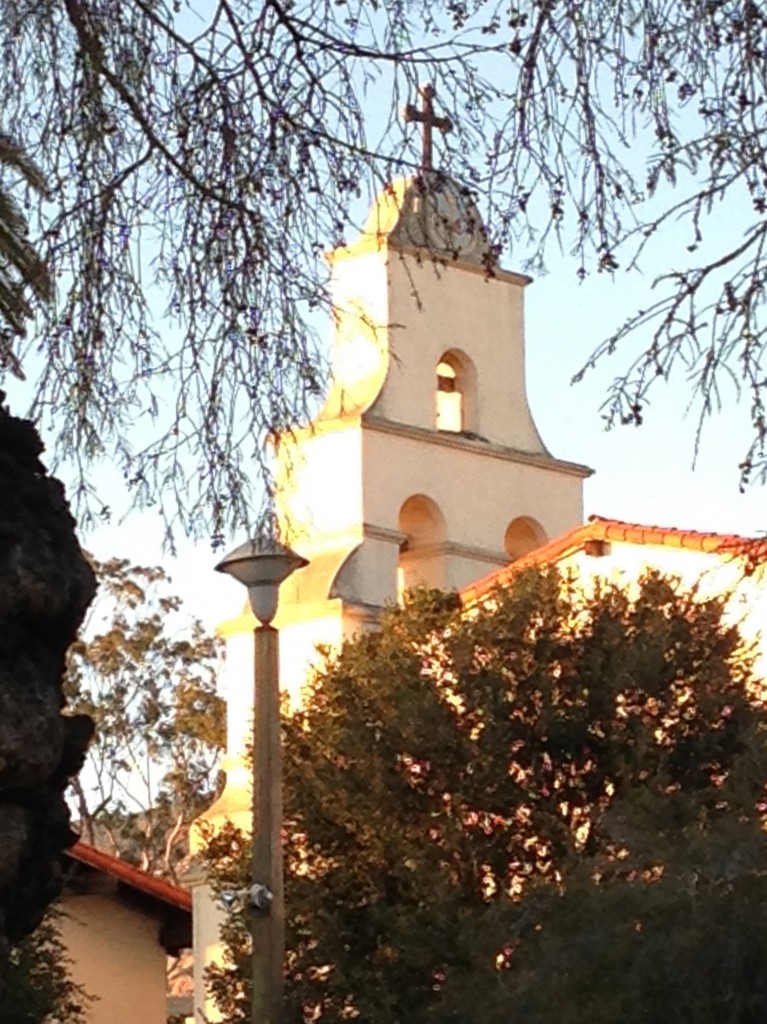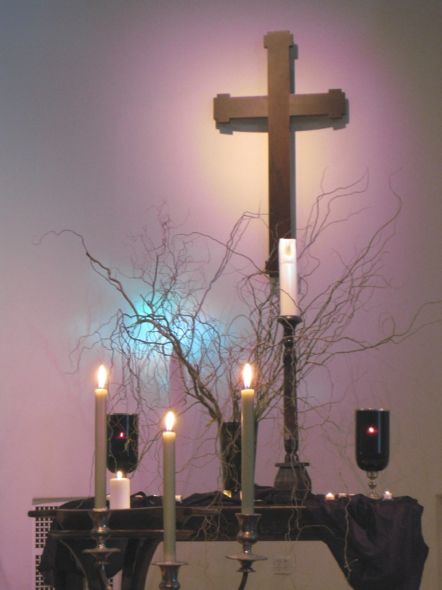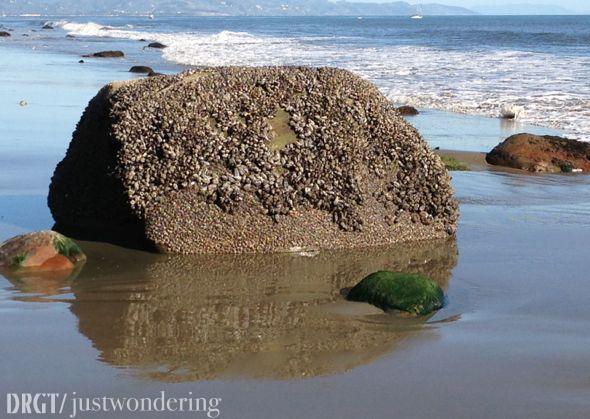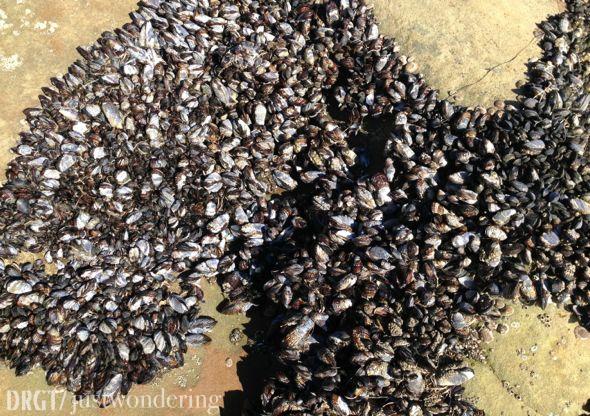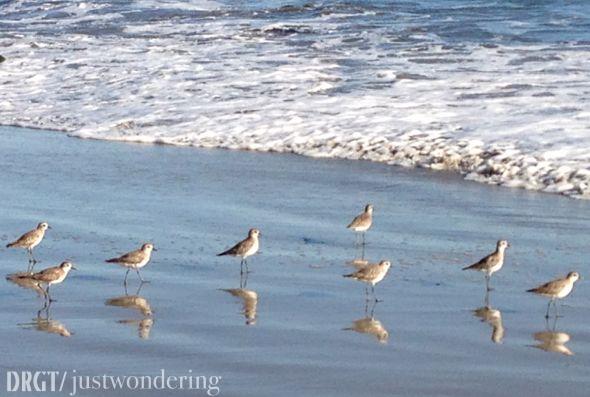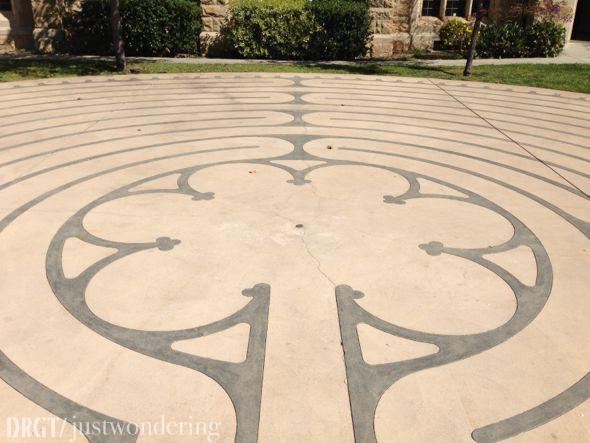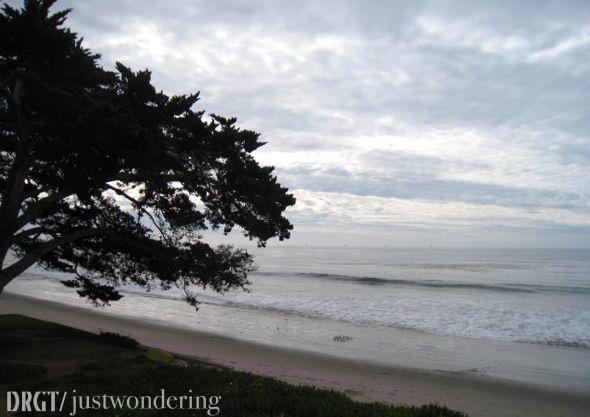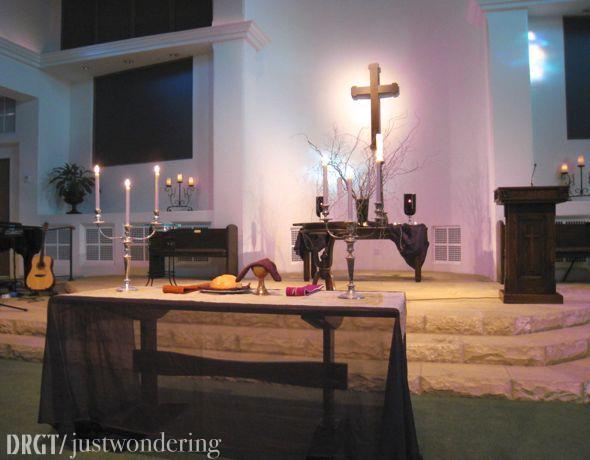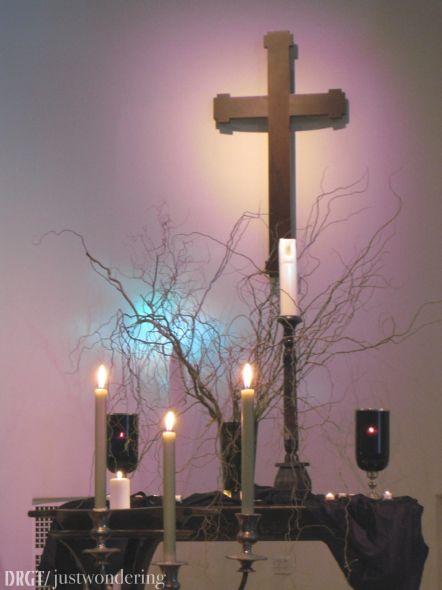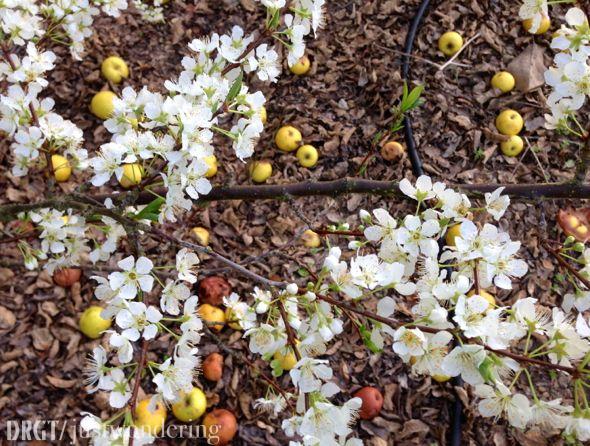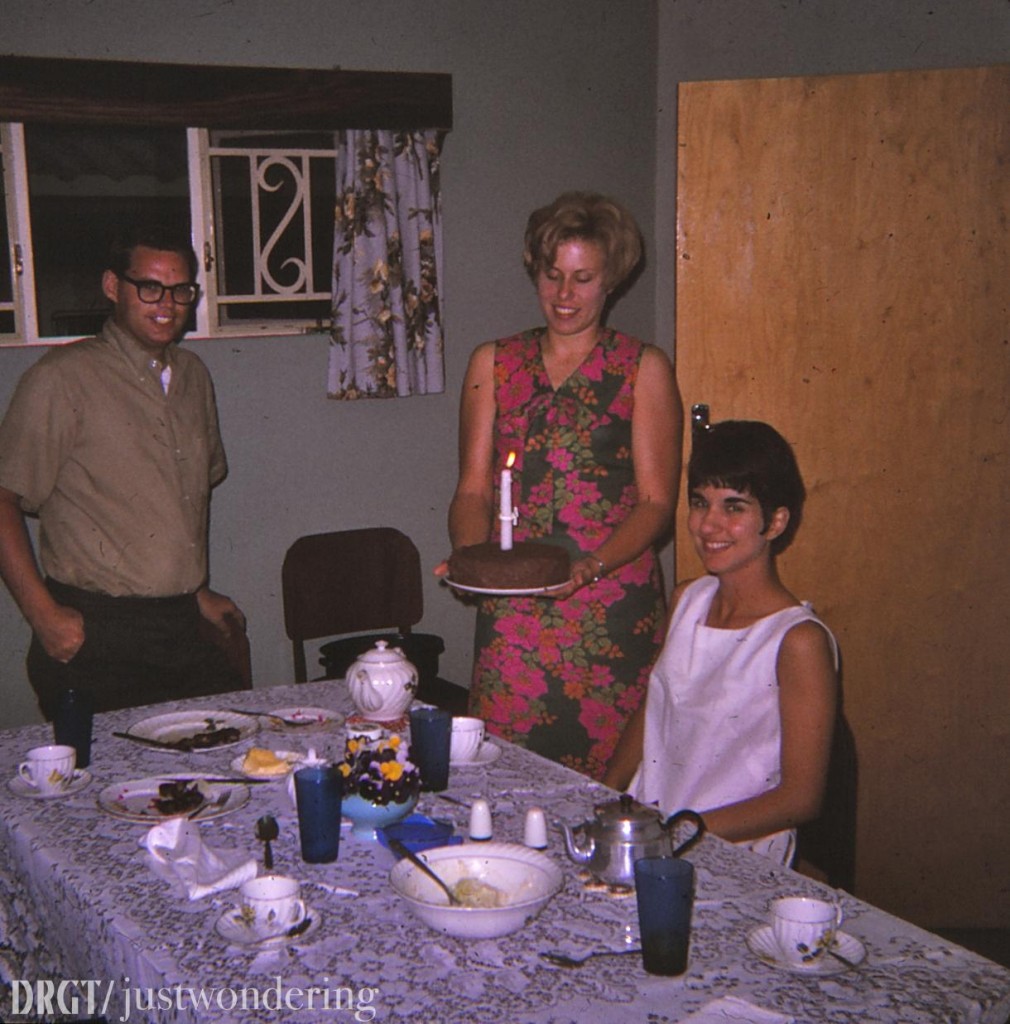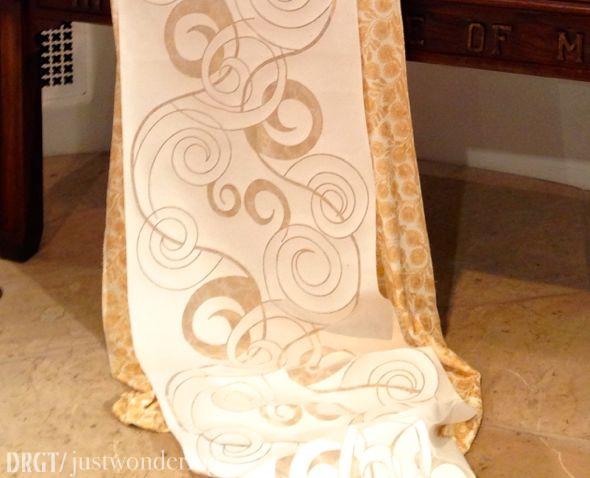Lenten Service, Week Four — A Reflection on the Lectionary Texts
offered at Montecito Covenant Church
Wednesday evening, March 13, 2013
Joshua 5:9-12; Psalm 32; II Corinthians 5:16-21; Luke 15:1-3, 11b-32
I’ve been reading and thinking and pondering and praying about the sermon next Sunday morning for the last couple of weeks. It will be the first one I’ve preached since retiring over two years ago, and I think I’m sensing a theme or two coming at me from the primary text for this Sunday. Funny thing is, I am finding a very similar theme in the texts for tonight, which are the ones we used last Sunday in worship. Do you think maybe God is trying to tell me something? To tell us something? Yeah, I thought so, too.
Okay. So. In our first Old Testament text for tonight — the Israelites are finally, FINALLY done with the manna. The wilderness wandering is over, they are beginning to settle into the new land, the new life, the new them.
And in number 32, the psalmist sings about the beauty of forgiveness, the change in his or her own emotional life because they have confessed their failings to God and have discovered that God is faithful to forgive, in fact, has forgiven in the very act of confessing. The singer remembers and celebrates that God is a safe place, not necessarily a tame place, maybe not even a non-scary place — as C.S. Lewis and others have reminded us – but a safe place, a hiding place, a space where all of who he or she is is welcome, loved, heard, forgiven.
And the epistle lesson? Oh my, we heard some powerful teaching on this passage last week! If you missed Jon’s sermon, I encourage you to go to the church website and look for the podcast — it was truly excellent. Jon pushed us to examine more carefully some of what many of us have been taught about what happened on the cross, about atonement. He reads Paul’s words to Corinth, and he finds there a very different kind of picture than the one a lot of us were taught. He finds a picture of new creation, of sinbeing nailed to the cross, of God loving us in spite of that sin, of Jesus’ death as the fullest expression possible of the Father’s extravagant and even risky love for us human creatures. An important text, with a strong clear message of transformation.
And then we have the gospel lesson.
Probably one of the most famous of all Jesus’ teachings, the one we call The Prodigal Son. And yes, I suppose it is indeed that – the story of the younger son, who treats his father as if he has died already, claiming his portion of the family estate and then wasting it, and his entire life, in a far off land. Soon enough, he wakes up, though, doesn’t he? And he seeks to return to the care of the father who loves him.
And here is where the story really gets interesting to me, and where I begin to question the well-known title of the story, too. Because I have to say the behavior of the father in this story is anything but usual, anything but predictable, anything but just – at least to our limited understanding of what ‘justice’ looks like.
This father does not do what so many might expect him to do:he does not rake the kid over the coals, he does not criticize his profligate behavior, he does not condemn the boy for having left in the first place, for having upset the family system, for having wasted half of the estate. Seems like that boyish behavior is worth at least a small hint of displeasure, doesn’t it? But we get none of it in this story from Jesus, not one breath.
What we see instead is a picture of reckless, extravagant, even scandalous love – which is, by the way, the title of next Sunday’s sermon. The father does the totally unexpected — he welcomes his lost boy home, not only welcomes but celebrates him with a grand party – new clothes, new jewelry, great food, good wine, lots of laughing and eating and drinking goin’ on. This is a party, man. A PARTY. A “he who was lost has been found” kinda party.
And there is not one hair’s breadth of hesitation from daddio. Not one: this is my kid. I love him to pieces. He may have behaved like a complete jerk, but that does not matter to me, now that he has returned. The point is — my boy is back. And that is all that matters.
I love the setting for this story, which the opening verses of tonight’s reading give us — the Pharisees have been grousing about the people Jesus chooses to hang out with. They do NOT approve and cast withering looks his way. Can you just see them? The scripture says, ‘they muttered.’ Muttering. That’s a pretty horrible word, for a horrible habit, one that most of us, if we’re at all honest, have to fess up to, don’t you think?
And that is exactly what the other son does as the story switches focus for a minute.
Except he mutters LOUDLY, and pointedly – at his father. His complaints are deep-seated, he feels excluded, left out, angry at the father’s expansiveness. He feels slighted, unappreciated, unnoticed AND he has decided that his father’s decisions, his acts of love and grace, are somehow unseemly. Jealousy rears its very ugly head and possesses this older, responsible kid.
Sigh. I can identify, can you?
I am the oldest kid in my family of origin. I am the ‘good girl’ in the story of my life. I am the one who behaves with decorum, trying always to obey the rules, even the ones that are unwritten and invisible. So I get this guy — WAY too well. But here’s what I notice almost immediately. The father gets him, too.
He extends grace to both his boys this night.
Number one son gets assurances that ‘all that I have is yours. . .’ Did you catch that? All that I have is yours. Wow. No word of criticism here, either, is there? Nope. Not one. Only words of love and encouragement. “Come on, join the party. You know I love you — you’re the one that’s always here, you’re the one to whom everything belongs. Come on over – because, son, here’s the thing: WE HAD TO CELEBRATE. There was nothing else to be done.”
You know what I think? Maybe we should start calling this story the story of “The Prodigal Father.” What do you think? It’s the father’s behavior that is ultimately the scandal of the day. He is the one who has nothing but grace to offer
to the profligate and the jealous older kid,
to the wastrel and the mutterer,
to the bitterness of failure and the pomposity of success,
to the wheedling cries of, “I am a poor worm, let me in, let me in,
to the offended (and offensive), “You never gave me any party.”
EVERYBODY GETS A CHANCE TO START FRESH.
The Israelites in the wilderness,
the psalmist and his wasting bones,
the person who comes to Jesus for newness,
the younger brother,
the elder brother.
That father is something else, man. He is just something else.
